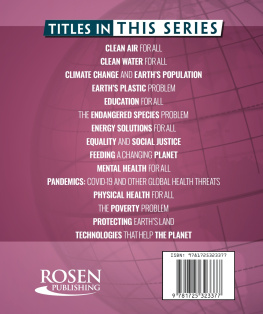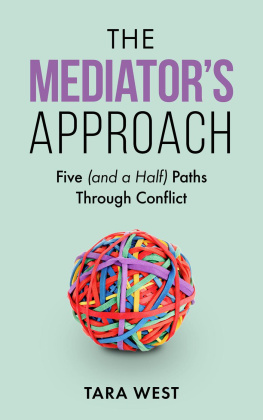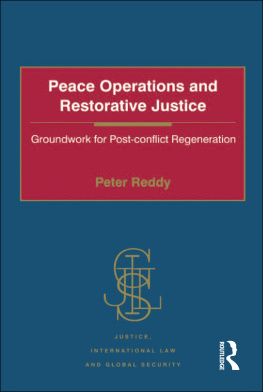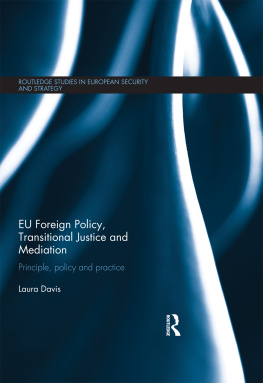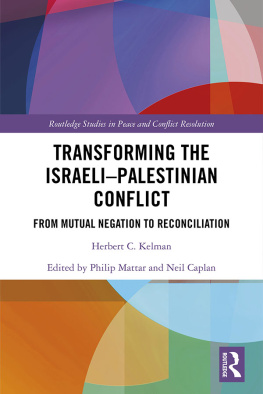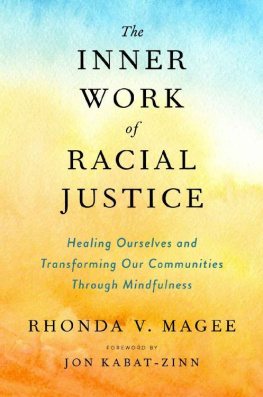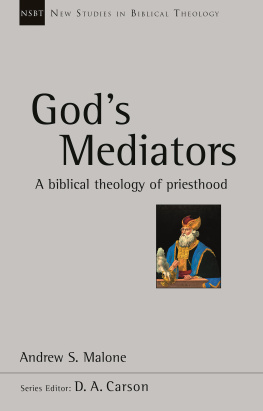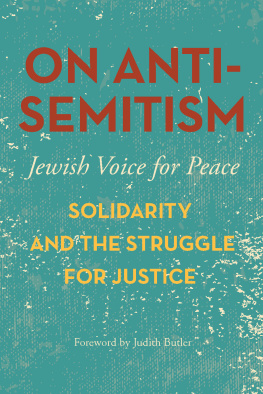Gastn An coordinates dispute resolution at the Inter-American Development Banks compliance review office. Previously he was the United Nations Development Programmes Latin American and Caribbean regional advisor for conflict prevention and political advisor to the Organization of American States. He has facilitated dispute resolution processes and peacebuilding initiatives in various countries including Haiti, Colombia, Ecuador, Guatemala, El Salvador, Rwanda, and Congo-DRC. Gastn holds a masters in international affairs from Universidad Autnoma de Madrid and a masters in public policy from Universidad de Alcal de Henares, Spain.
Rachel Barbour served as vice chair and chair of the Executive Committee of Trailblazers PAC, a national, nonpartisan organization dedicated to transparency and clean government, from 2017 to 2019. She has worked for a range of international and domestic conflict resolution organizations, and more recently on political campaigns, doing messaging, media, and opposition research. She holds an M.S. in conflict analysis and resolution from George Mason University and a B.A. from Mount Holyoke College.
Erricka Bridgeford trains mediators, teaches conflict resolution skills, co-organizes a movement that rallies Baltimore City to avoid violence during three-day weekends, and performs rituals for every person who is murdered in Baltimore. Her life has been impacted by murder since she was twelve years old, and she has been working for more than twenty years to ensure that murder does not have the last say. Erricka is director of training at Community Mediation Maryland and cofounder of Baltimore Ceasefire 365.
Sue Bronson, M.S., L.C.S.W., has been a mediator and trainer in Milwaukee, Wisconsin, since 1983, mediating family, elder, and workplace disputes, and teaches mediation at the University of WisconsinMilwaukee School of Continuing Education. As cochair of the ACR Eldercaring Coordination Initiative, Sue is focusing on the needs of older adults, teaching experienced mediators and other qualified professionals the process and skills for working with high-conflict families.
Geoffrey Corry is a mediator and trainer in Ireland with more than thirty years experience. He started the first community mediation scheme in 1991 and was a family mediator for the state-run Family Mediation Service (19922015). He is a former chairperson of the Mediators Institute Ireland and the Glencree Centre for Reconciliation. He facilitated more than fifty political dialogue workshops at Glencree and currently teaches the Peacemaking modules in the masters programme at the Edward M. Kennedy Institute, Maynooth University.
E. Franklin Dukes, Ph.D., is a mediator and facilitator with the Institute for Engagement & Negotiation (IEN) at the University of Virginia. He founded University and Community Action for Racial Equity (UCARE), leads IENs Transforming Community Spaces project, and was a member of Charlottesvilles Commission on Race, Memorials and Public Spaces. He has written a number of books including Mountaintop Mining in Appalachia (with Susan Hirsch) and Reaching for Higher Ground: Creating Powerful, Purposeful, Principled Groups and Communities (with John Stephens and Marina Piscolish).
Mary Dumas is an independent dispute resolution professional in private practice for more than thirty years. Mary helps universities, public agencies, tribes, interjurisdictional bodies, research institutes, nonprofit organizations, and businesses translate technical information and regulatory mandates into effective processes, accessible resource materials, actionable information, and strategic plans. Mary is known for bringing best practices in trauma-informed approaches to multiparty mediation, change management, and interest-based problem-solving with organizations and communities.
Mencer Donahue Don Edwards is the founder, CEO, and a principal of Justice and Sustainability Associates, a for-profit alternative dispute resolution consulting firm in Washington, D.C. He is considered one of the deftest facilitator-mediators and civic engagement designers working today in the field of community development and land use by international, federal, regional, state, and local planning, transportation, parks, and economic development agencies; corporations; universities; foundations; and community-based organizations.
Linda Fieldstone, M.Ed., is cochair of the ACR Eldercaring Coordination Initiative. She is past president of the Association of Family and Conciliation Courts and was instrumental in the development of parenting coordination. After serving as supervisor of Family Court Services with the Miami-Dade court for twenty-six years, she now provides conflict resolution options for families of all ages before, during, and after court actions.
David Anderson Hooker, Ph.D., J.D., M.Div., is associate professor of the practice of conflict transformation and peacebuilding at the University of Notre Dames Kroc Institute. His research and practice focus on the role of generational and cultural trauma and narrative in identity construction in post-conflict contexts. He is the author of The Little Book of Transformative Community Conferencing (Skyhorse, 2016) and coauthor (with Amy Potter Czajkowski) of Transforming Historical Harms (Eastern Mennonite University, 2012).
Dr. Julie Macfarlane is professor of law and Distinguished University Professor at the University of Windsor. Her books include The New Lawyer: How Clients Are Transforming the Practice of Law (2nd ed., UBC Press, 2017) and Islamic Divorce in North America:Choosing a Sharia Path in a Secular Society (Oxford University Press, 2012). She is currently the director of the National Self-Represented Litigants Research Project (www.representingyourselfcanada.com). Her next book is From Personal Grief to Public Advocacy: Confronting Sexual Violence for Between the Lines Press.
Bernie Mayer, Ph.D., is a professor of conflict studies, Program on Negotiation and Conflict Resolution, Creighton University, and a founding partner of CDR Associates. Bernie has worked with families, communities, nongovernmental organizations (NGOs), unions, and governmental agencies throughout North America and internationally for more than thirty-five years. Bernies most recent book is The Conflict Paradox: Seven Dilemmas at the Core of Disputes. Earlier books include The Dynamics of Conflict, Beyond Neutrality, and Staying with Conflict.
Lucy Moore is a facilitator, mediator, and trainer, specializing in complex natural resource and public policy conflicts. Based in New Mexico, she works regionally and nationally, often on issues that include a cross-cultural component. With a strong background in Indian country, much of her work includes tribal issues and parties. Lucy is an active mentor for those in the field needing a helping hand. She is author of Common Ground on Hostile Turf: Stories from an Environmental Mediator.
Marina Piscolish, Ph.D., is founder of Mapping Change, LLC, a full-service conflict and collaboration consultancy serving sectors from education to environment and diverse clients from single agencies to cross-sector collaborations. Marina works across the continental US, Hawaii, and the Pacific, delivering creative, culturally responsive, and socially responsible services that address place, power, and client capacity of constructive confrontation. She coauthored Reaching for Higher Ground: Creating Powerful, Purposeful, Principled Groups and Communities (2009).
Julian Portilla is associate professor at Champlain College, where he also directs the Center for Mediation and Dialogue. In addition to teaching, he designs and facilitates complex, multi-stakeholder consensus-building processes on such issues as fisheries management, national park management plans, climate change legislation, and others. He works mostly in Mexico and the United States. Julian holds a masters degree in conflict analysis and resolution from George Mason University and a bachelors degree from Vassar College.


